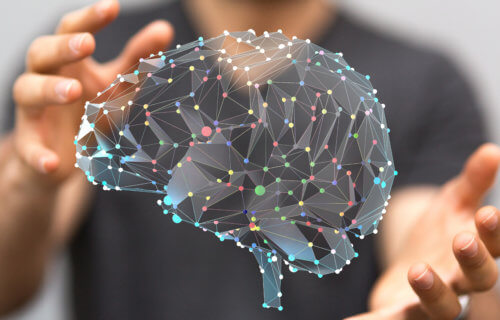CAMBRIDGE, United Kingdom — The teenage years are a really critical time for the developing brain. Now, researchers say that new brain networks “come online” during adolescence, and these fresh connections being made between different parts of the brain help teens cultivate the social skills they need for navigating the world of adulthood. But scientists warn this so-called “rewiring” might also put teens at a higher risk of mental illness.
A team of researchers from the University of Cambridge and the University College London used functional Magnetic Resonance Imaging (fMRI) technology to try and find specific differences in the connections of the brain as a person develops from adolescence into adulthood. These brain scans reveal the way different parts of the brain wire together and communicate with each other.
The researchers took between one and three fMRI scans from 298 healthy people aged 14-26. They discovered two main ways that the connections of the brain change over these critical years of development.
First, brain networks that are strongest at age 14 keep getting stronger. These are the connections responsible for basic abilities like seeing and moving.
Researchers also found that the brain networks responsible for our more adult social skills undergo pretty drastic changes. The strong connections become weaker, and the weak connections become stronger. The scans revealed that these brain regions use a lot more energy than other brain regions as these new connections are formed.
“[I]t appears that the acquisition of new, more adult skills during adolescence depends on the active, disruptive formation of new connections between brain regions, bringing new brain networks ‘online’ for the first time to deliver advanced social and other skills as people grow older,” says Dr. Petra Vértes, co-author of the paper and a Fellow of the mental health research charity MQ, in a university release.
These same brain networks coming online might lead to the development of mental illness. “Depression, anxiety and other mental health disorders often occur for the first time in adolescence,” notes Ed Bullmore, a study co-author and head of the Department of Psychiatry at Cambridge.
“These results show us that active re-modelling of brain networks is ongoing during the teenage years and deeper understanding of brain development could lead to deeper understanding of the causes of mental illness in young people,” Bullmore concludes.
The study is published in the Proceedings of the National Academy of Sciences.
